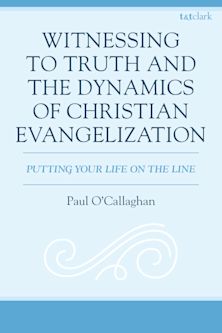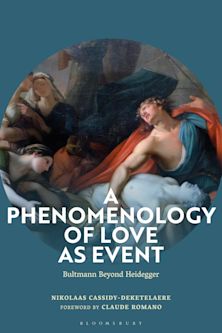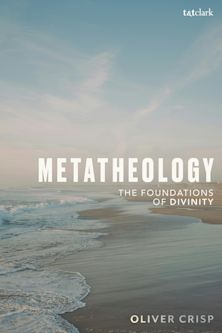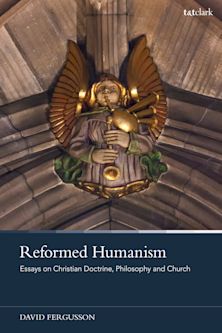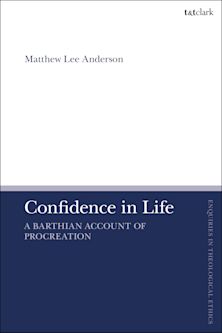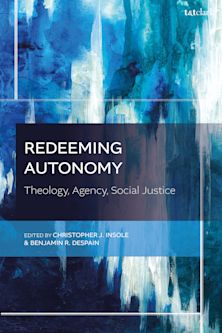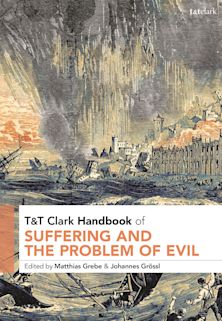The 1837 Debate on Roman Catholicism Between Bishop John Purcell and Alexander Campbell
The World Is Large Enough for Us All
The 1837 Debate on Roman Catholicism Between Bishop John Purcell and Alexander Campbell
The World Is Large Enough for Us All
This product is usually dispatched within 1 week
- Delivery and returns info
-
Free CA delivery on orders $40 or over
Description
In January 1837, a remarkable event unfolded in a small Baptist church in Cincinnati, Ohio: the Catholic Bishop John Purcell and the Protestant minister Alexander Campbell engaged in a weeklong public debate that captivated the community. Against a backdrop of intense anti-Catholic sentiment in America, these two towering religious leaders participated in a civil yet passionate dialogue on theology, politics, and the role of Catholicism in America. Over seven propositions, they dissected contentious topics such as apostolic succession, the authority of Scripture, and the Catholic Church's compatibility with American republicanism. This book delves into the story of this unprecedented debate, exploring its historical context, the lives of its participants, and its lasting impact on American religious discourse. More than a clash of ideologies, the debate became a “third space” where religious and cultural boundaries were crossed, fostering mutual respect and understanding. This book offers a compelling narrative of one of the most significant religious debates in American history, illustrating how two leaders with profound disagreements created a model of dialogue and civility that remains relevant today.
Table of Contents
List of Figures and Tables
Introduction: The Campbell-Purcell Debate of 1837
Section I: The Debaters
Chapter 1: Entering the Controversy
Chapter 2: Encountering the Religious Other
Section II: The Debate as a Third Space
Chapter 3: Creating Dialogue about Religion
Chapter 4: Creating Dialogue about Politics
Section III: The Debate's Afterlife
Chapter 5: Boundary Crossing and Productive Friction
Conclusion: “The World is Large Enough for Us All”
Bibliography
About the Author
Product details
| Published | Oct 16 2025 |
|---|---|
| Format | Hardback |
| Edition | 1st |
| Extent | 216 |
| ISBN | 9781978715967 |
| Imprint | Fortress Academic |
| Illustrations | 7 bw illus |
| Dimensions | 229 x 152 mm |
| Publisher | Bloomsbury Publishing |
Reviews

ONLINE RESOURCES
Bloomsbury Collections
This book is available on Bloomsbury Collections where your library has access.













